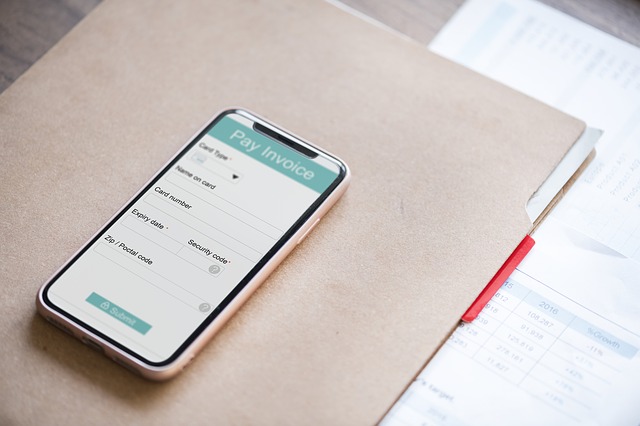Traditionally, invoices sent by email were only valid if they had an electronic signature. However, with the regulatory change of the Billing Regulation,which came into force in 2013, the assumptions have been extended, to the point that
PDF invoices are valid
as a general rule.
In this article, we explain in more detail the requirements for digital invoices to be valid.
Are PDF invoices always valid?
Although, as a general rule, the PDF invoice is legal, you should know that an inescapable condition is that it includes the same information as a conventional invoice and a series of additional assumptions.
Although the Invoicing Regulation that came into force in 2013 no longer required the inclusion of the electronic signature,the validity of this means of payment was validated by the General Directorate of Taxes in 2014.
In the event that any of these conditions are breached, the customer may contest the invoice and claim that it be sent in a different format,placing the responsibility on the company.
Experience tells us that invoices are rarely contested in those constant and serious business relationships.
Now, it is true that, if you are starting to invoice in these formats, it is easy to make mistakes due to ignorance of the regulations.
What do digital invoices have to include to be legal?

For PDF invoices by email to be valid, the following points must be met:
- Customer consent.
- Complete data.
- Guarantee of authenticity.
- Copy.
- Guarantee of integrity.
1 – Customer consent to send PDF invoices by email
This is the main assumption because, ultimately, customers have the right to demand that invoices be sent by ordinary mail or delivered by hand.
The customer must agree to receive invoices by telematic format,either verbally or in writing.
The recommendation is to send a form where you explain it because, with the entry into force on May 25, 2018 of the European Data Protection Regulation (RGPD)
that we already talked about in the blog, this consent cannot be tacit.
In the same way, the client must accept the format in which the invoice will be sent, be it this PDF, JPG or any other.
2 – Invoice data
Although the digital signature is not necessary, in the invoices you have to include the same information that would be put in a classic document.
This means having the invoice number, date, customer data, company data, merchandise or service, quantities, taxable base, VAT or other taxes and total to be paid.
In addition, it is made explicit that the invoice must be legible and easily understood by the recipient; although it seems obvious, there are cases of poorly written documents due to poor use of the software.
In other words, the use of computer media should not be an excuse to provide less information or of worse quality.
3 – Guarantee of authenticity
If there is no previous relationship of trust with the client, it is advisable to send PDF invoices by corporate email because, otherwise, it could be alleged ignorance of the sender.
Therefore, it is inadvisable to send invoices by PDF from a personal email.
As a general principle, if the same mail is used for billing as for the rest of the business relationships, that should be enough.
4 – Keep a copy
The company issuing the invoice is obliged to keep a copy of it if the client or any tax agency requires it and, of course, to be able to send it in paper format at any time.
The most common system is to have your own database to store the information for a period of time that coincides, at least, with that established by law for the prescription of documentation.
5 – Ensure integrity
It is important to note that, when sending this document in digital format, the receiver must only have it in reading mode.
This makes sense because otherwise anyone could edit data and change it in their favor.
If you can’t guarantee that aspect, there’s a serious security risk that should be prevented.
The most useful option is to have an invoice program that is in charge of avoiding, although Adobe Acrobat also includes professional formats for this eventuality.
Conclusion: Sending an invoice in PDF is legal
PDF invoices
are valid as long as the issues indicated in the article are taken into account.
However, experience dictates that, since the new Billing Regulation was approved, this format has multiplied and the forecast is that it will continue due to the cost savings it represents for companies.
On the other hand, and if you want to contribute to a sustainable economy, sending PDF invoices by email is one way to achieve this.








